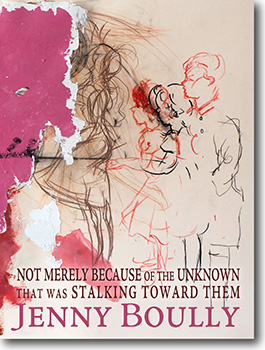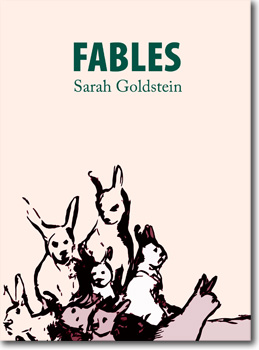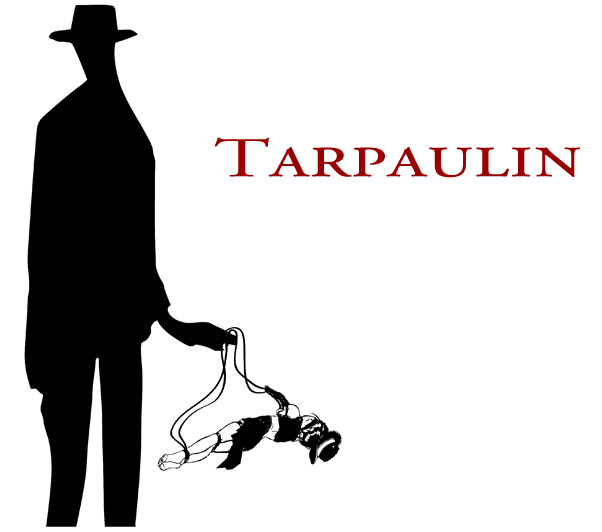Writes Abramson:
Peter Pan was a postmodern tour de force written at the height of Modernism -- and if the very best collections of literary art at least gesture toward their immediate influences, this is undoubtedly the contemporary re-treatment that Peter Pan deserves. Boully has captured the darkness of Barrie's text, and in elevating its inter- and sub-textualities to the level of discourse she illuminates and reinvigorates her source material without sacrificing any of its creepiness, wonder, or violence. Simultaneously metaphysical and visceral, these addresses from Wendy to Peter in lyric prose are scary, sexual, and intellectually disarming.Read all of Abramson's December 2011 Contemporary Poetry Reviews
At The Lantern Review, Jai Arun Ravine provides a unique, probing, and ultimately fab review, locating not merely within the contexts of Boully's The Body and J.M. Barrie's "source text," Peter and Wendy, and drawing parallels with Souvankham Thammavongsa’s Small Arguments (Pedlar Press, 2003) and Padcha Tuntha-obas’ Trespasses (O Books, 2006).
Here are a couple excerpts:
“Sewing,” “pockets” and “stories” being things that don’t quite exist in the Neverland, Jenny Boully’s not merely because of the unknown that was stalking toward them sews pockets in and around the mythos of J.M. Barrie’s Peter and Wendy. Cutting snippets of Barrie’s source text, including Barrie’s Peter Pan in Kensington Gardens and events in Andrew Birkin’s J.M. Barrie & the Lost Boys, Boully centralizes Wendy’s experience and sews up bits of her story, stitching the make-believe into the made-quite-real. In her pockets, open ends and open endings fit and hover....Read the full review.
Having also read Barrie’s text, I find that the original story is already quite dark and awkwardly twisted. The Neverland is a world of recurring trauma and chronic amnesia, wrapped up in a child’s ignorance, which continues to circle itself. Sexuality is no stranger to Barrie’s story either, but Boully does unravel the hems a bit further, taking a peek at Tiger Lily’s pubes, Hook’s pubic-y beard, Wendy’s panties, poo, peepee and pooper holes.
The realness of make-believe washing, make-believe medicine, make-believe food and make-believe sex—stink, sickness, malnutrition and still-birth—peep through Boully’s stitches.
Buy Jenny Boully's not merely because of the unknown that was stalking toward them directly from Tarpaulin Sky Press and save about $6 off the Amazon price.






